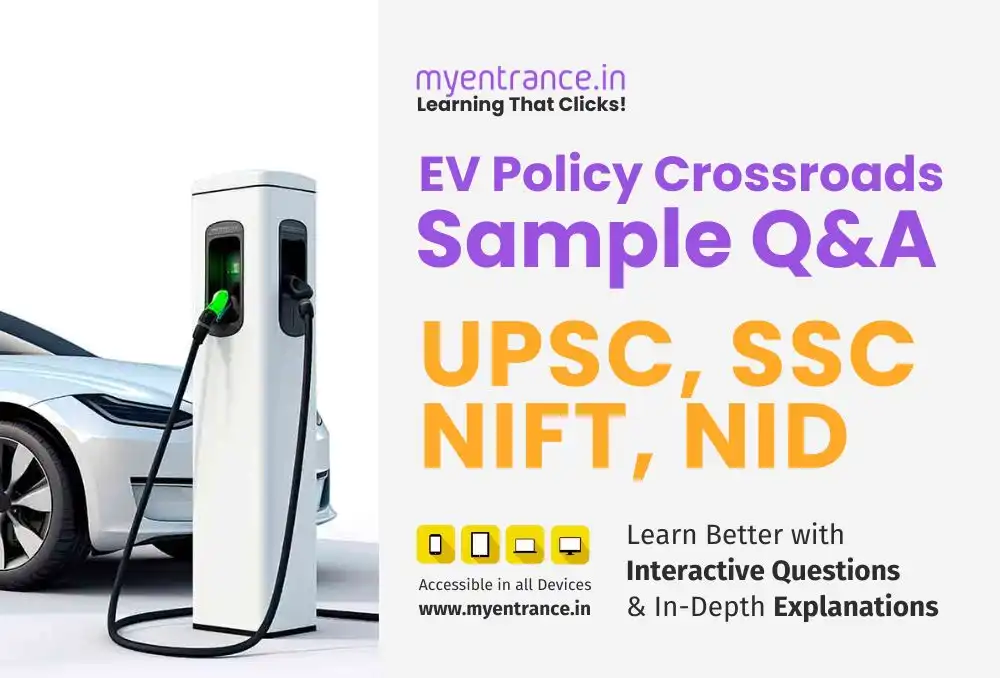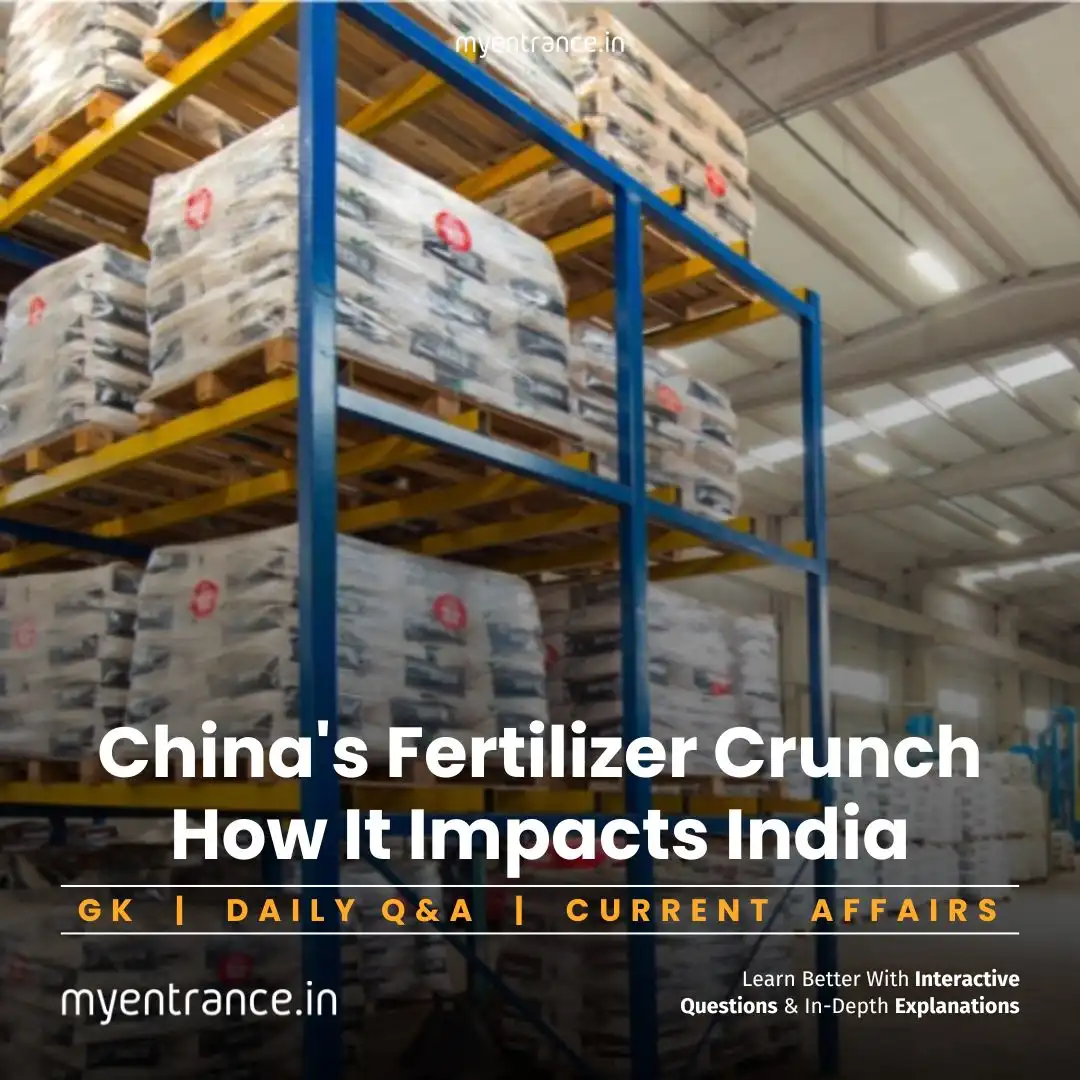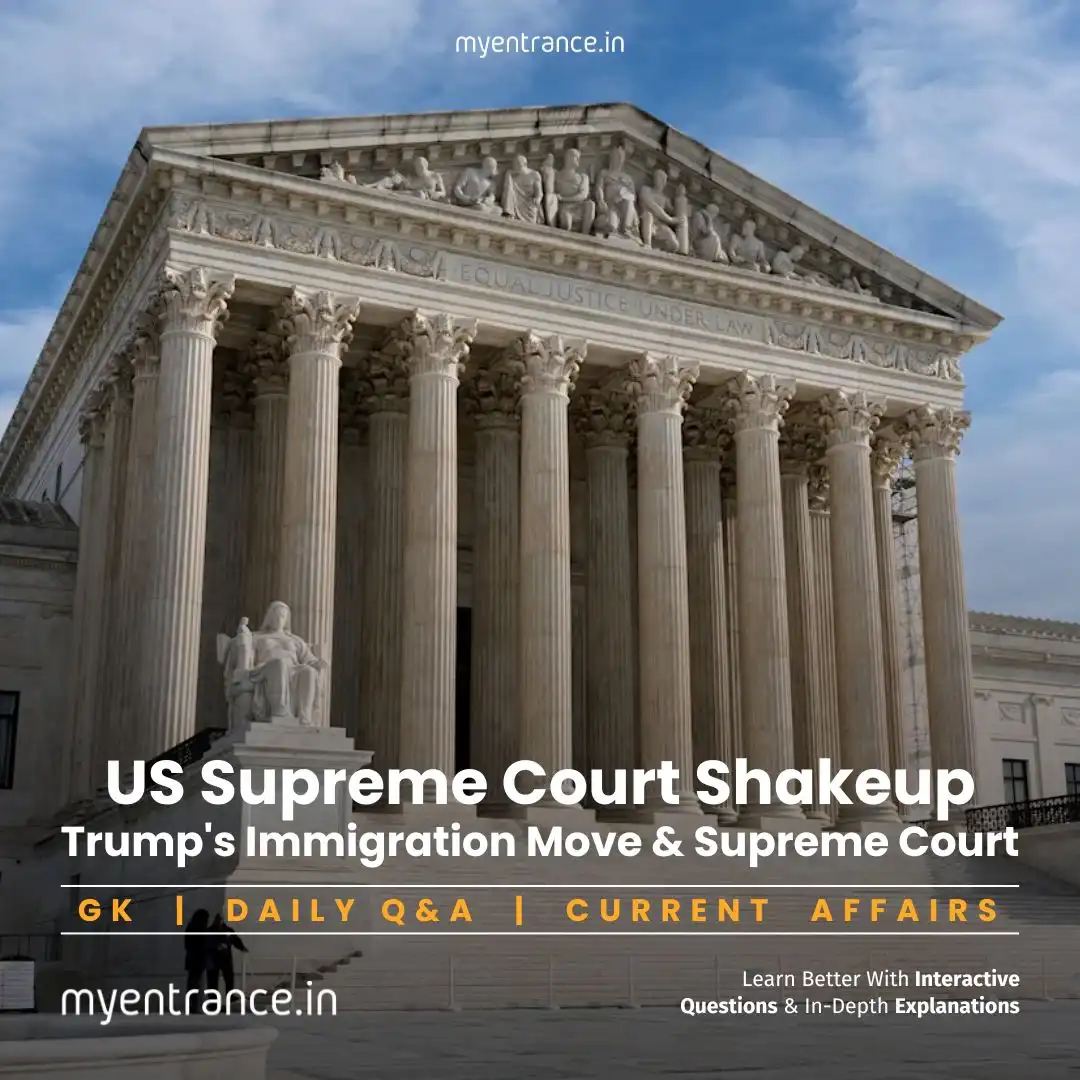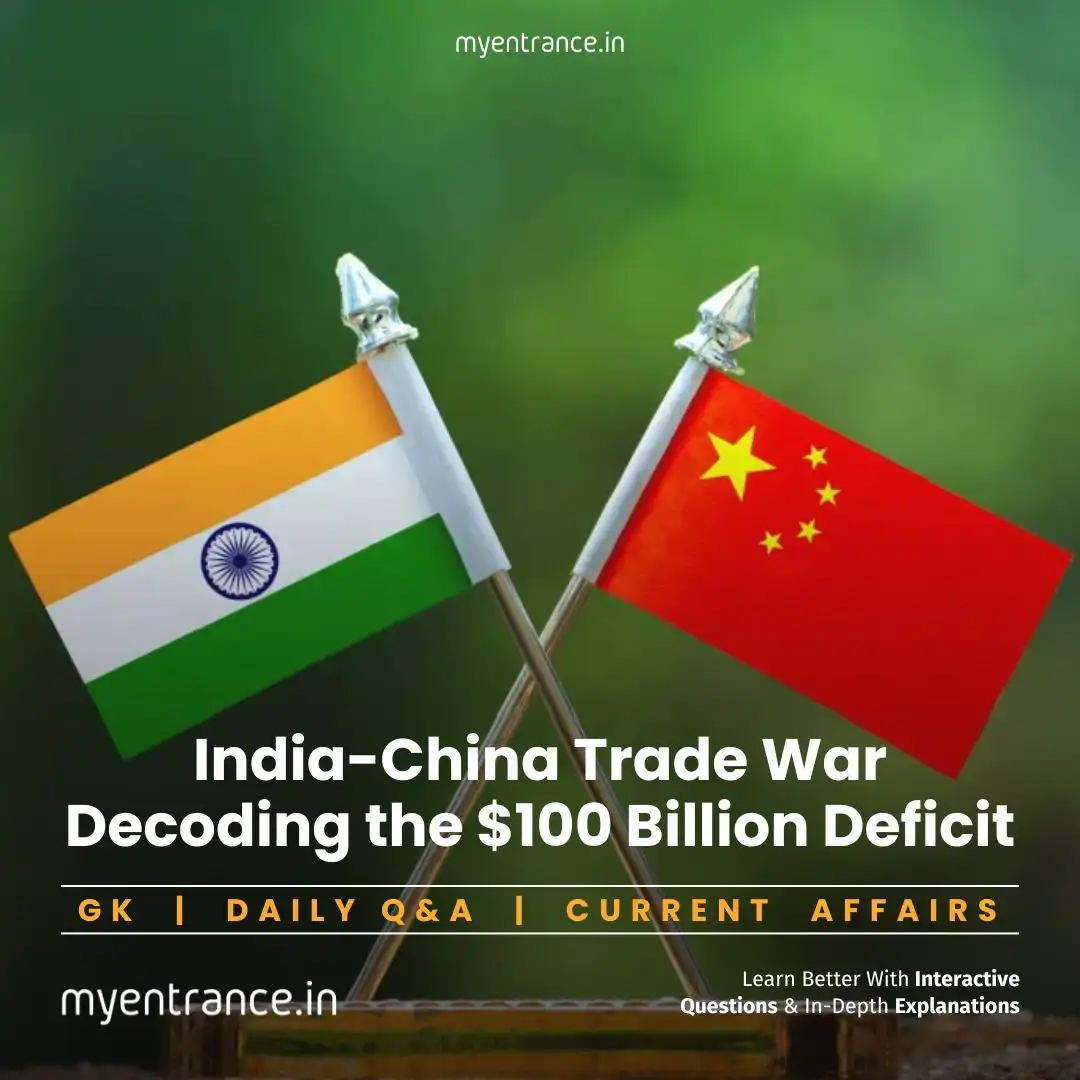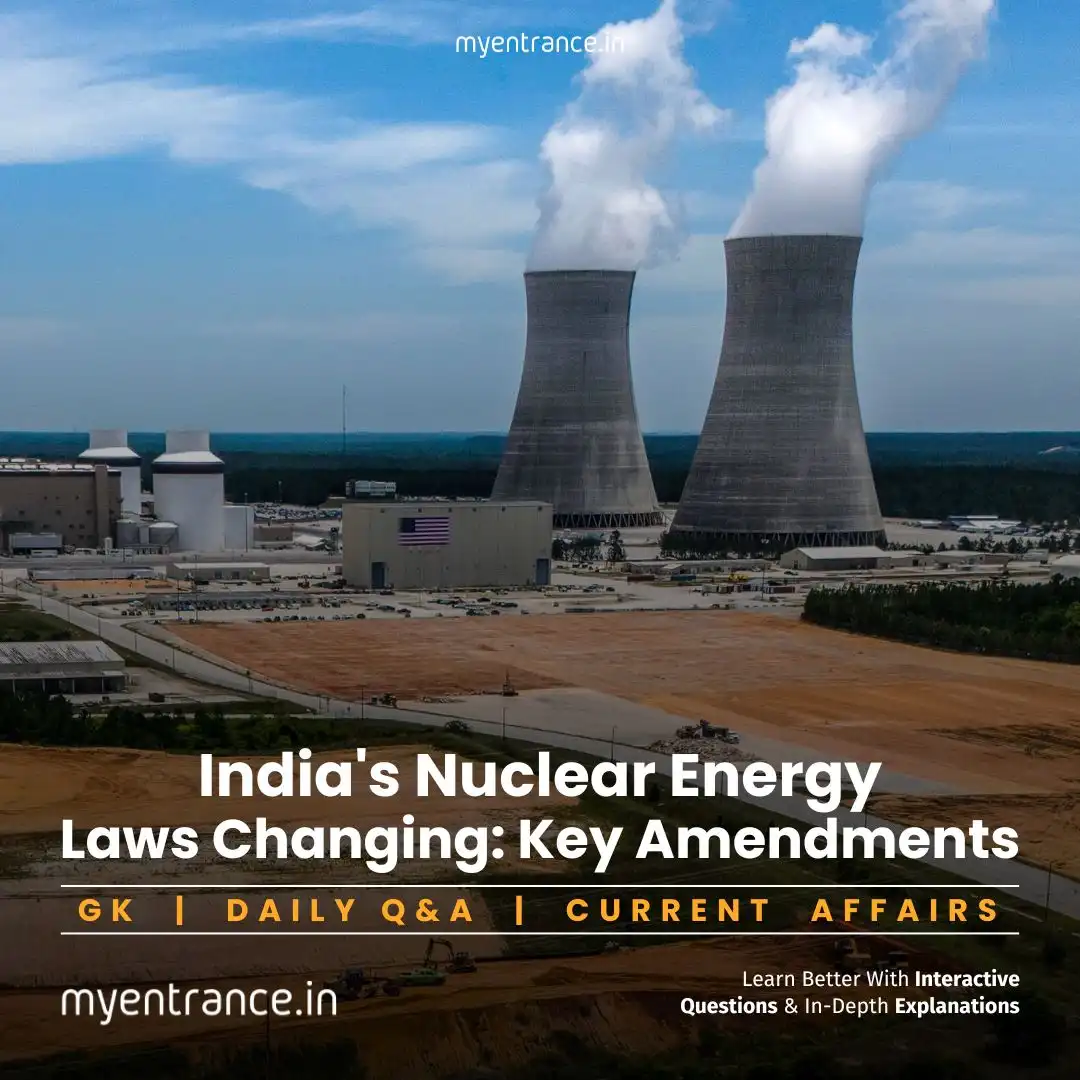Select Language
EV Policy Crossroads: Tesla’s Strategy vs. Global Automakers’ Bet on Indian Manufacturing
Tesla opts for showrooms over manufacturing in India despite the new EV policy, while Mercedes-Benz, Volkswagen-Škoda, Hyundai, and Kia pursue local production. This decision impacts India’s “Make in India” ambitions and EV sector growth.
Tesla’s India Strategy: A Departure from “Make in India”
Current Plan: Launching 2 experience centers (no manufacturing) despite India’s EV policy incentives.
Contrast: Mercedes-Benz, Volkswagen-Škoda, Hyundai, and Kia are applying to manufacture locally under the scheme.
Geopolitical Angle: Trump criticized Tesla’s potential India expansion as “unfair” to the U.S., mirroring objections to Apple’s India plans.
India’s EV Policy: Key Incentives Ignored by Tesla
(Notified March 2024)
Investment: Minimum ₹4,150 crore for domestic EV production.
DVA Requirements: Gradual domestic value addition targets (20% Y1 to 50% Y5).
Import Concessions:
15% customs duty (vs. 70-100% standard) on 8,000 CBUs/year.
Minimum import price: $35,000/vehicle.
Eligibility: Global firms with ₹10,000 crore revenue + ₹3,000 crore fixed assets.
Why Tesla’s Decision Matters
“Make in India” Setback: Missed opportunity for tech transfer, job creation, and supply chain development.
Market Testing: Showrooms signal Tesla is gauging premium EV demand before committing to manufacturing.
Global Rivalry: Trump’s objections highlight U.S.-India trade tensions over localization.
UPSC-Relevant Implications
Economic Sovereignty: Reliance on European/Korean automakers for manufacturing may slow indigenous EV ecosystem growth.
Policy Efficacy: GTRI think tank warns delays in scheme rollout could push first locally made EVs to 2026+.
Strategic Interests: Tesla’s China focus (Musk’s 2024 visit) contrasts with India’s manufacturing push.
Sample Q&A for UPSC
Q1: What is the minimum investment required under India’s new EV manufacturing scheme?
A1: ₹4,150 crore for global automakers to qualify for reduced import duties (15% on 8,000 CBUs/year).
Q2: How does Tesla’s approach differ from Mercedes-Benz/VW under India’s EV policy?
A2: Tesla prioritizes showrooms; Mercedes/VW seek manufacturing with domestic value addition (DVA) targets.
Q3: Explain the geopolitical concern behind Trump’s criticism of Tesla’s India plans.
A3: Trump called it “unfair” to U.S. interests, reflecting protectionist views on offshore manufacturing by American firms.
Q4: What is Domestic Value Addition (DVA) in the context of India’s EV policy?
A4: Gradual increase in locally sourced components (20% in Year 1 to 50% by Year 5) for imported EVs to qualify for duty cuts.
Q5: Why does GTRI suggest delays in EV rollout despite the policy?
A5: Application approvals may take 6+ months, and production timelines extend further, delaying market availability.
Most Predicted Questions
Comprehensive study materials, Expert-guided tips & tricks, Mock tests and instant results.
Start your SSC/ PSC/ NIFT/ NID journey today with MyEntrance, your ultimate online coaching platform.
